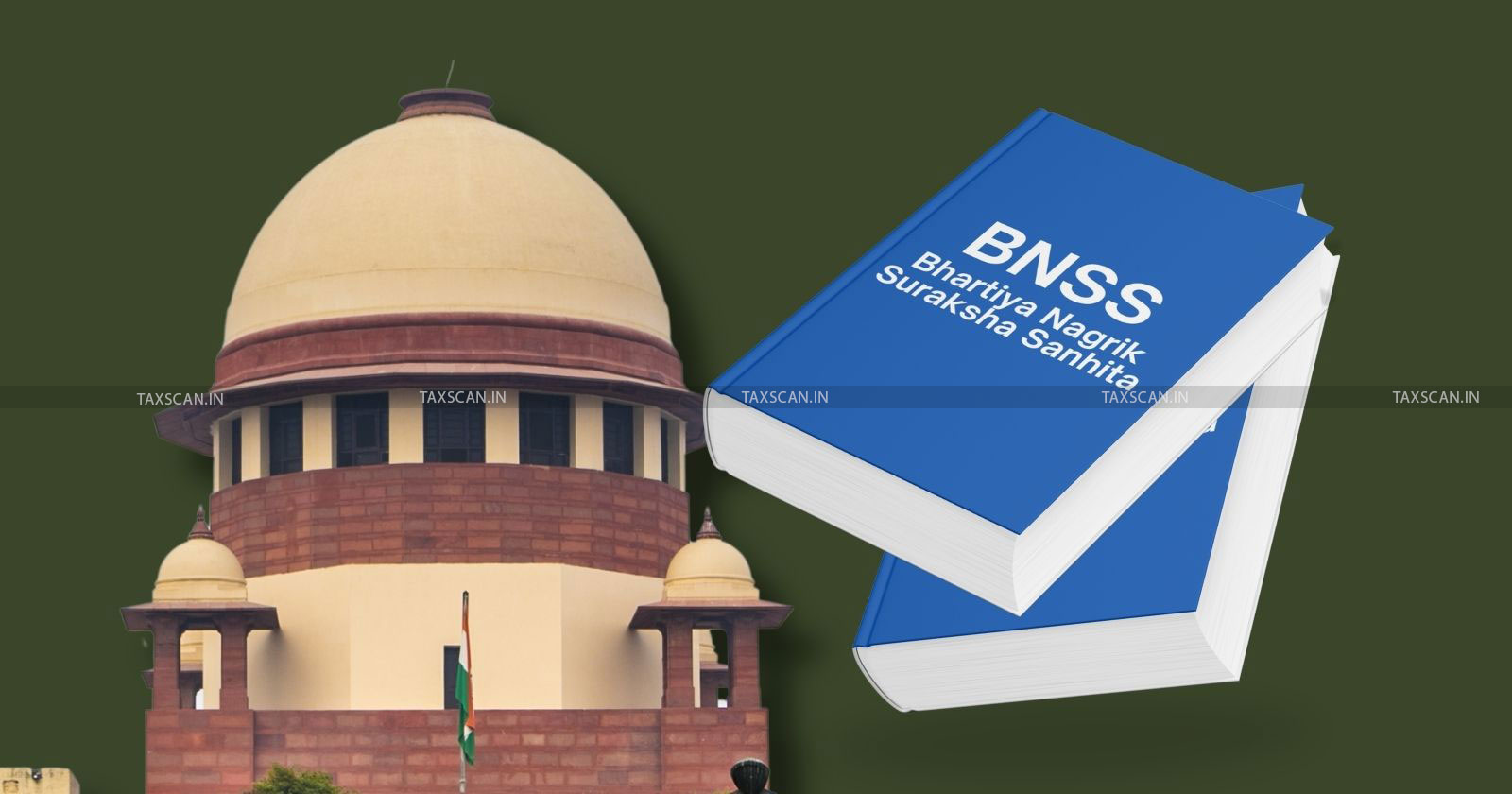New Criminal Law Provisions on Rights on Arrest Applicable to GST/Customs Act Arrests: Supreme Court
Expressing concerns over the ambiguity in Section 69 of the GST Act (which deals with arrest powers), the Court signaled its intent to interpret the law in a manner that protects personal liberty while preventing misuse of arrest powers

The Supreme Court has delivered a major on the scope of arrest powers under the Goods and Services Tax (GST) Act and the Customs Act, affirming the applicability of procedural safeguards outlined in the Code of Criminal Procedure (now Bhartiya Nagrik Suraksha Sanhita, BNSS) to arrests made under these statutes.
Arrest Under GST and Customs Must Be Based on "Reasons to Believe"
The Court applied the precedent set in the Arvind Kejriwal case regarding arrests under the Prevention of Money Laundering Act (PMLA), holding that arrests under the GST Act and Customs Act must also be based on "reasons to believe", rather than mere suspicion. It highlighted that Section 19(1) of PMLA and Section 104 of the Customs Act are nearly identical, both dealing with arrest powers. The same principle was extended to the arrest provision under the GST Act.
The Court further ruled that circulars issued by the GST department regarding arrest must be strictly followed, ensuring compliance with procedural guidelines. Additionally, it rejected the argument that customs officers should be treated as police officers, thereby reaffirming their distinct legal status.
A key takeaway from the judgment is the applicability of anticipatory bail under the GST and Customs Acts. The Court clarified that individuals facing a potential arrest can seek anticipatory bail, even before an FIR is registered. This provides an additional safeguard for taxpayers and business owners concerned about arbitrary enforcement actions.
The Supreme Court acknowledged allegations of coercion and harassment by tax officials, particularly regarding forced tax payments. It emphasized that taxpayers have the right to approach the writ court for relief, and officials engaging in coercive practices could face departmental action. Referring to the Nandini Satpathy case, Chief Justice Sanjiv Khanna stated that such practices are contrary to the law and cannot be permitted.
Observations During Hearings
During the proceedings, the bench made several key observations, including:
● Private complaints cannot be filed under the GST Act.
● Arrests should not be made based solely on suspicion.
● GST/Customs officers must have verifiable material before making an arrest, subject to Magistrate review.
● Ambiguities in arrest provisions should not lead to harassment of citizens.
Expressing concerns over the ambiguity in Section 69 of the GST Act (which deals with arrest powers), the Court signaled its intent to interpret the law in a manner that protects personal liberty while preventing misuse of arrest powers.
Chief Justice Khanna remarked that the power to arrest is not the same as the necessity to arrest, pointing out that an investigation does not always require detention. He cautioned against the misconception that an arrest is essential for completing an investigation, underscoring the limited scope of arrest powers under GST and Customs laws.
Know How to File Appeals in GSTAT Click Here
The verdict was delivered by a bench comprising Chief Justice Sanjiv Khanna, Justice MM Sundresh, and Justice Bela M Trivedi, ruling on a batch of 279 petitions challenging penal provisions under the Customs Act, CGST/SGST Act, and their compatibility with the BNSS and the Constitution.
To Read the full text of the Order CLICK HERE
Support our journalism by subscribing to Taxscan premium. Follow us on Telegram for quick updates
RADHIKA AGARWAL vs UNION OF INDIA AND OTHERS , 2025 TAXSCAN (SC) 129 , WRIT PETITION (CRIMINAL) NO.336 OF 2018

